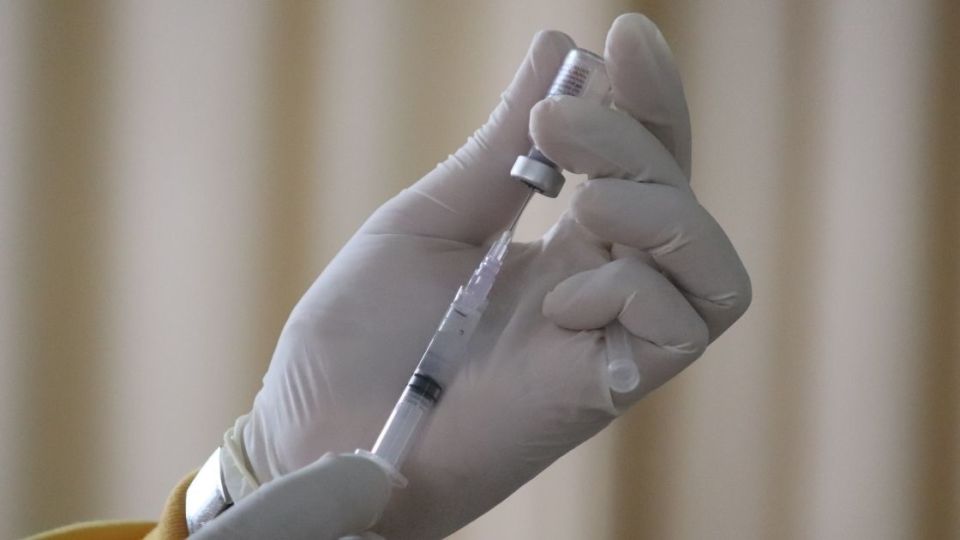The Indonesian government has included the human papillomavirus (HPV) vaccine as a mandatory vaccine in its national immunization program.
HPV causes more than 90 percent of cervical cancer cases and HPV vaccines may protect the receiver against two to seven high-risk strains of this family of viruses and prevent them from contracting the disease.
Siti Nadia Tarmizi, the Health Ministry’s COVID-19 vaccination spokeswoman, said that the HPV vaccine will target female students in the 5th and 6th grades of elementary school and their equivalents during Student Immunization Month (BIAS) that takes place every year in August.
The vaccine will be given twice and free of charge through schools. Teenagers and adult women are not covered under the government program and may receive their shots individually at health facilities.
According to Nadia, the mandatory HPV vaccine program has been given gradually expanded since 2016 when it was first launched in the Greater Jakarta Area. The ministry’s Acting Director of Immunization Management, Prima Yosephine, said that the HPV vaccine program has been carried out in two provinces and five regencies or cities since last year. The program will be introduced nationwide starting in 2023.
The Indonesian Oncology and Gynecology Association (HOGI) said that the HPV vaccine can be given to all women aged 10 to 55 years old, as long as the recipient has not yet been infected by the virus or has cervical cancer. The recipients are categorized by age groups, with girls aged 10-13 years old requiring two shots and adolescents above 13 years old and adults requiring three shots.
Indonesia’s Health Minister Budi Gunadi Sadikin recently announced that the ministry will add the HPV vaccine to the list of routine immunization programs, as well as the Pneumococcal conjugate vaccine (PCV) and Rotavirus to prevent pneumonia as well as gastric and intestinal infections in infants, respectively.
“We will add the HPV, PCV, and Rotavirus vaccines. HPV in particular especially because there have been many cancer-related deaths. Many Indonesian women suffer from cervical cancer and breast cancer. So, we’ll have the vaccine for cervical cancer instead of treating it at the hospital [because it will be more] expensive and add more suffering to the people,” Budi said during a session of the Indonesian Health Diaspora Meeting in America and Europe on Sunday.
Due to these three additions, the routine mandatory immunization will now consist of 14 vaccines. Indonesia’s decision to include the HPV vaccine in its national immunization program is in line with recommendations made by the World Health Organization.




